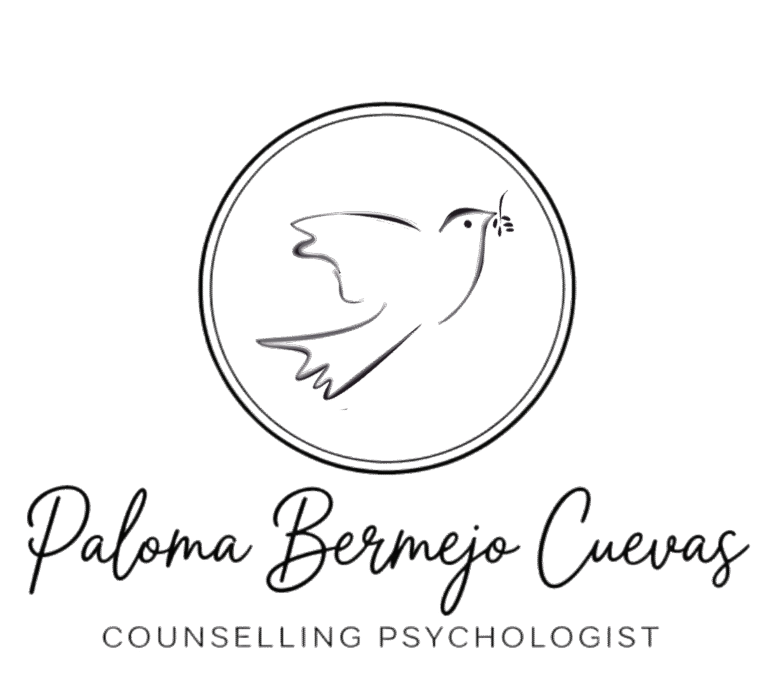These brief, research‑informed practices help when anxiety spikes. Use them as drills, not just in emergencies, so your brain learns them under calm conditions.
- The 3‑Minute Breathing Space (MBCT)
- Minute 1: Notice. “What’s here right now?” Name thoughts, feelings, body sensations.
- Minute 2: Breathe. Gentle belly breathing. Even count in and out.
- Minute 3: Widen. Sense your whole body and the space around you. Then re‑engage with your next task.
- Use when: Switching tasks, before meetings, or when your mind races.
- Cognitive Thought Check (CBT)
- Write a fast thought: “They think I’m useless.”
- Evidence for/against: One fact for. One fact against.
- Balanced reframe: “I’m anxious and guessing. Feedback last week was positive.”
- Action: One small next step you can do immediately.
- Use when: You’re spiralling into worst‑case scenarios.
- “I’m Having the Thought That…” (ACT Defusion)
- Say the worry, then prefix it: “I’m having the thought that I’ll fail this presentation.”
- Repeat slowly 3 times. Notice how the thought loosens its grip.
- Reconnect to values: “Even if I’m anxious, I choose to prepare and show up.”
- Use when: Thoughts feel fused with reality.
- Soothing Rhythm Breathing (CFT)
- Breathe in through the nose for ~4, out for ~6. Relax the jaw and shoulders.
- Imagine breathing kindness into a tense area. Name the tone: “Warm. Steady. Safe.”
- 90 seconds can shift your physiology.
- Use when: Shame, self‑criticism, or panic flares.
- 5‑4‑3‑2‑1 Grounding (Sensory Reset)
- 5 things you can see. 4 you can feel. 3 you can hear. 2 you can smell. 1 you can taste.
- Say them out loud if possible. Look for neutral or pleasant details.
- Use when: You feel detached, overwhelmed, or stuck in “what ifs.”
Build a mini plan
- Morning: 3‑Minute Breathing Space.
- Midday stress: ACT Defusion + one valued action.
- Evening: Soothing Rhythm Breathing before bed.
- Keep a notes app template for the CBT Thought Check.
Important
- These tools support therapy. If anxiety escalates or you feel unsafe: call 999 for emergencies, NHS 111 for urgent help, or Samaritans 116 123.
Next step
- Bring your notes to session. We’ll refine what works for you and integrate it into a personalised plan.


